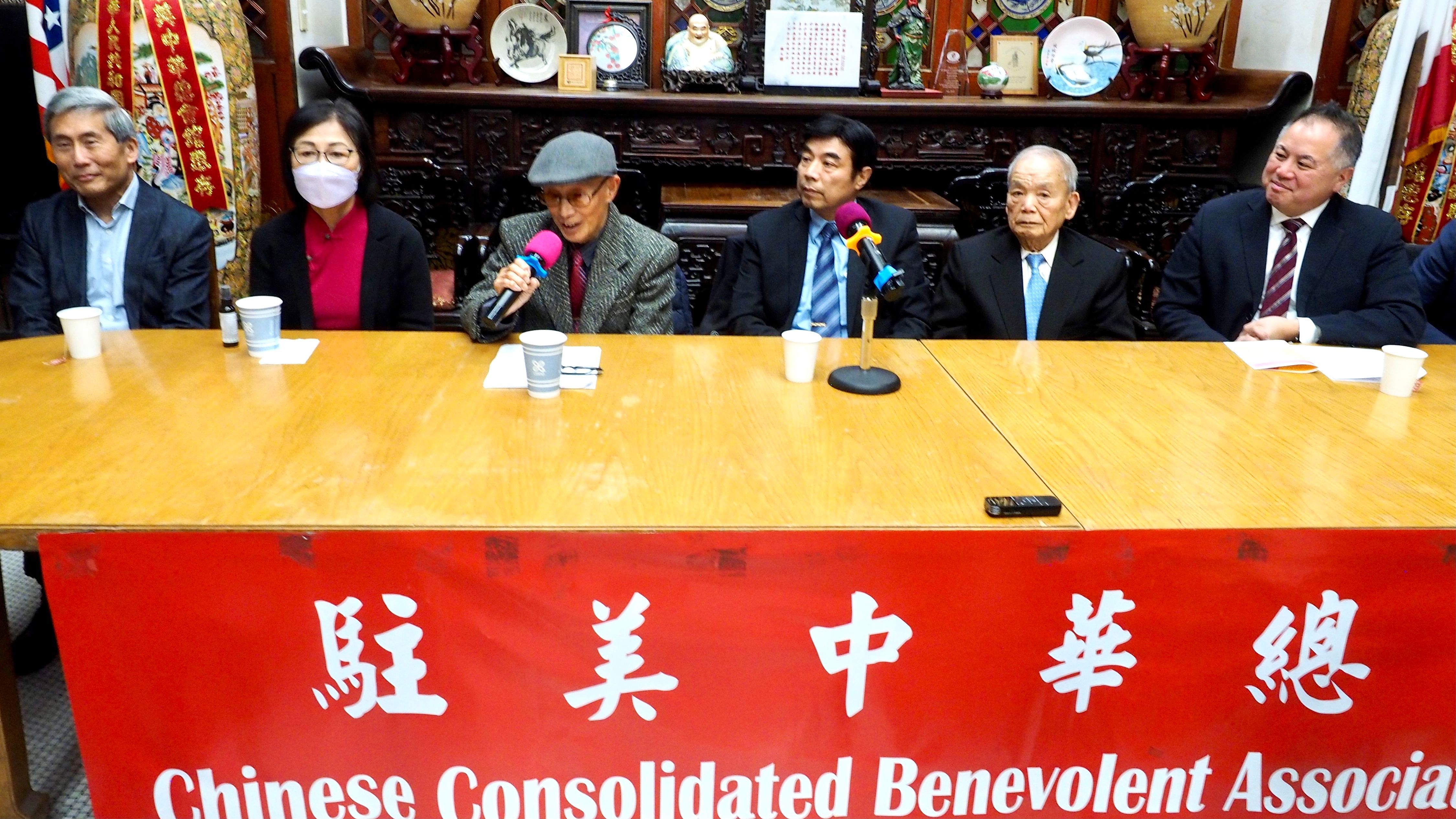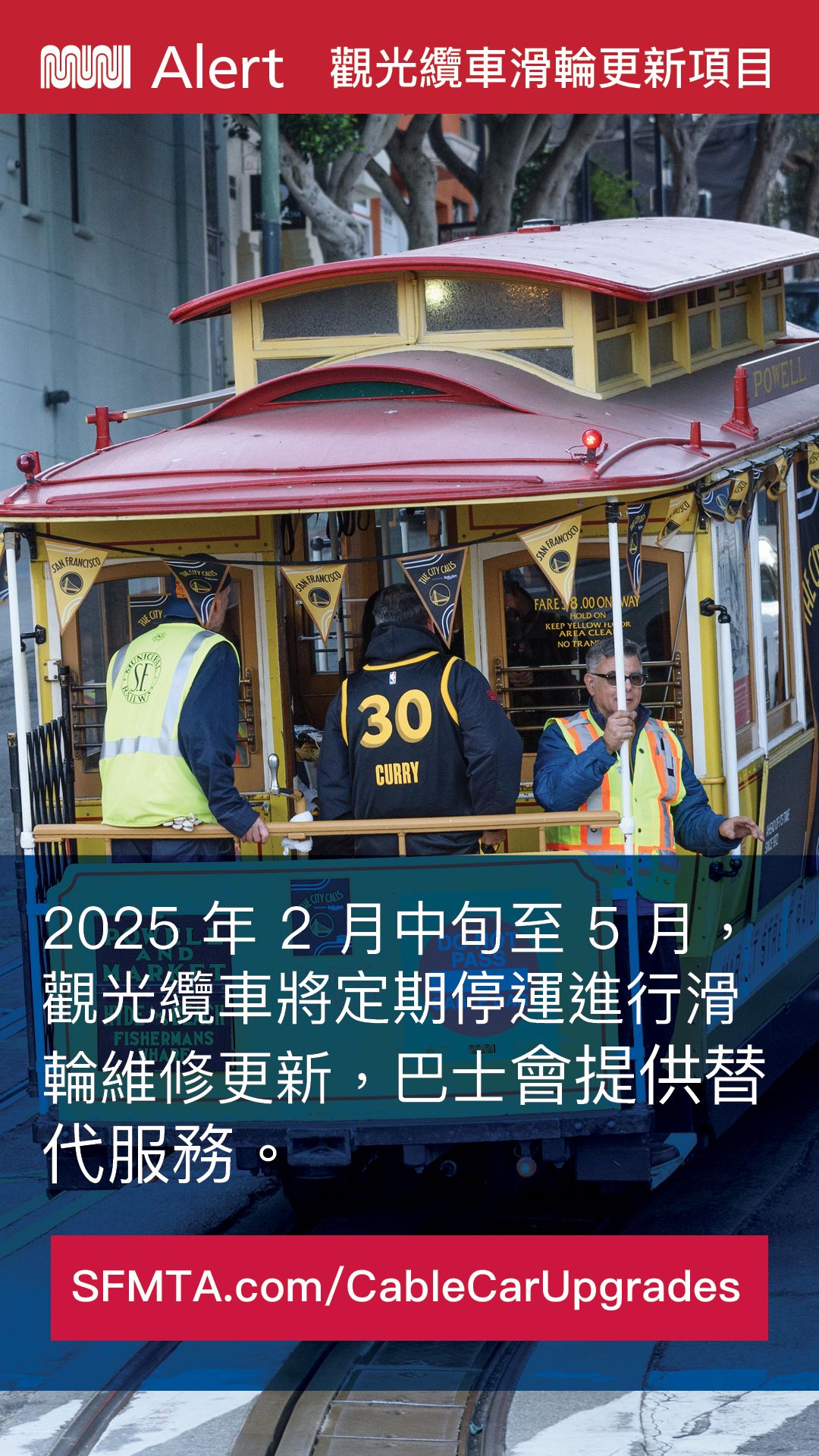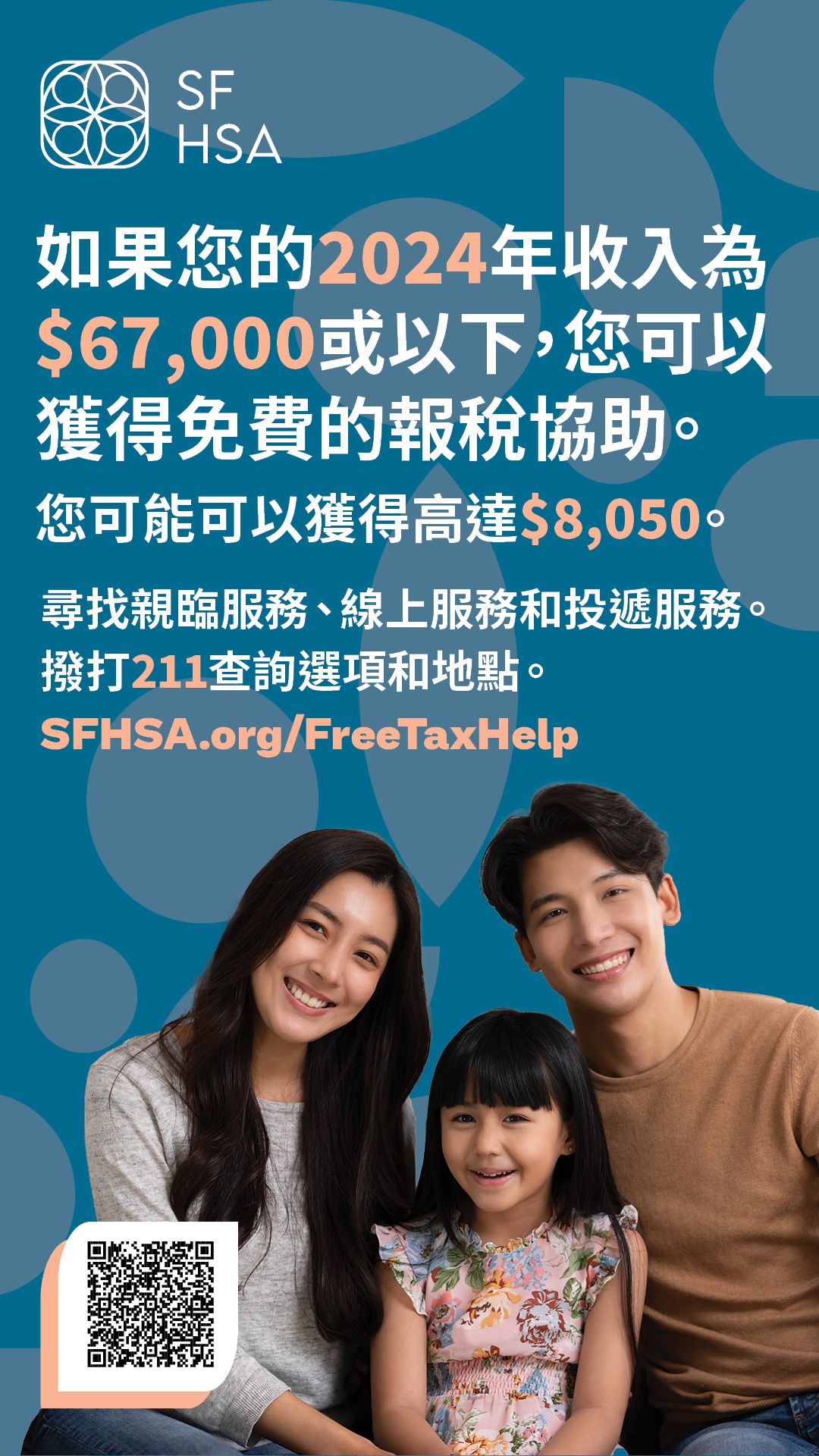Chinese Consolidated Benevolent Association brings back the history of raising funds for Wong Kim Ark in 1895

*Editor’s Note: Wong Kim Ark, a young U.S.-born Chinese American man, was detained and denied re-entry after he visited his parents in China and returned to San Francisco in 1895. Almost 130 years ago, the Chinese Consolidated Benevolent Association (CCBA) raised funds for Wong Kim Ark to support his legal battle for birthright citizenship. The Supreme Court ruled on March 28, 1898 to uphold Wong Kim Ark’s equal rights as a citizen of the United States where he was born. Harrison Lim, Senior CCBA Board Director, delivered his remarks on the historical background of the case at the Wong Kim Ark Day celebration in CCBA on March 25, 2023. Wind Newspaper reprints his address in this issue.
On a certain day in the autumn of 1870, a woman with bounded feet gave birth to a child in San Francisco's Chinatown, USA. The parents of the child were both Chinese.
According to the data, there were 518 children of Chinese descent born in the United States in 1870, but each of their future prospects has its own nature. This young life, Wong Kim Ark, was waiting to be shaped by fate.
In that era, American society was full of suspense.
In 1894, Wong Kim Ark was 24 years old. Was it time for him to go back to his hometown in the Far East to visit relatives and get married? For many generations, Chinese fathers and sons have chosen this as the ideal and feasible path for Chinese Americans living in the United States.
Under the arrangement of fate and the expectation of his relatives, Wong Kim Ark returned to his ancestral homeland. He stayed in his father's old ancestral house for three months. In July, when the golden wind blew, he was full of joy and wished to return to the Land of Gold.
Unfortunately, Mr. Wong was denied entry upon his return to the USA. He was terrified. His fond mother, Wee Lee, was confused and haggard. She was so sad that it was like the tide of the river beating against the shore and flooding into her chest. But the autumn season of that year had come and gone, but there was still no way to go back to the USA and prove her son's identity. His father, Wong Si Ping, was speechless and helpless.
In that uncivilized era, U.S. Customs was like a gate to hell for the ethnic minorities. This checkpoint was not frozen with snow, but with the evil Chinese Exclusion Act (passed in 1882), which devoured the souls of the Chinese.
The leader of the Chinese Consolidated Benevolent Association (CCBA), founded around 1850, was deeply aggrieved after they learned that Wong Kim Ark had been denied entry, so they stood up in the case of injustice. They called upon and gathered overseas compatriots with the long run of donations.
Then, they also launched the fundraising campaign, hired attorneys (also known as lawyers), sued the U.S. government, and upheld justice for our disadvantaged ethnic groups!
As a result, there were numerous layers of checkpoints. Since the plaintiff was weak, they were greatly suppressed by the officials and suffered from repeated setbacks.
After being imprisoned on a boat for five months, Wong Kim Ark was released on bail and came ashore. He then joined his lawyer and strived hard for justice.
Although the case was repeatedly defeated after countless trials, CCBA's sages decided to take the case to the Supreme Court in the United States capital.
On March 28, 1898, after repeated arguments by both the plaintiff's and the defendant's government lawyers, the result of the vote by the nine justices of the U.S. Supreme Court was 6-2. (The plaintiff and CCBA won.) Justice Horace Gray, announcing the adjudication on behalf of the Supreme Court, said:
According to the 14th Amendment to the U.S. Constitution, any person born or naturalized in the United States, and subject to the jurisdiction thereof, is a citizen of the United States and the state wherein they reside. (Note: In accordance with this clause, all persons born in the United States, regardless of their ethnicity or color, automatically become citizens of the United States.)
Since Justice Horace Gray announced the adjudication, United States v. Wong Kim Ark's birthright citizenship case has become a landmark constitutional case in the United States, which has far-reaching implications and benefits the world's disadvantaged ethnic groups who were born in the United States.
Hence, Wong Kim Ark could return to the United States to embrace and pursue the colorful American Dream. A smile crept over his mother's soft thin face.
American officials and the public might wonder: CCBA and the Wong Kim Ark family were not relatives or blood related to each other. Why was the association supporting the Wong Kim Ark family in their struggle to fight against the government for civil rights? CCBA finally won the lawsuit, but what benefits did Wong Kim Ark and his family bring to the association?
That year, members of CCBA worked hard to set forth the standard of justice and lift Wong Kim Ark out of difficulties. This aimed to demonstrate the original intention of the establishment of CCBA: serving overseas compatriots and defending the welfare of the Chinese community.
Since its founding about 170 years ago, the association has made great contributions to the Chinese community including more than 10,000 lawsuits for justice.
Recently, there have been a group of leaders (also referred to as "presidents") who initiated the CCBA Historical Relics Committee to specialize in organizing, and protecting the historical relics, archives of CCBA.
Ding Lee, head of Historical Relics Committee, and other members have requested a non-profit tax exemption status for the committee. This will allow CCBA to make greater contributions to overseas compatriots and the society.
- Do empty yellow loading zones best serve the San Francisco Chinatown community?
- T&T Supermarket, largest Asian grocery chain in Canada, announces to open at San Francisco City Center on Geary Blvd. in winter 2026
- (Breaking news: Charlene Wang wins in the Oakland's special election) Charlene Wang runs for Oakland District 2 Councilmember on April 15, 2025 to represent Oakland Chinatown
- Mayor Lurie announces plans to support small businesses including First Year Free program waiving fees for new businesses
- 12 speed safety camera systems out of 33 begin to operate in San Francisco by first issuing warnings instead of citations for 60 days
- Taipei Economic and Cultural Office extends services with opening of its permanent home in San Francisco
- Zu Shun Lei, 90, publishes his comic books to bring joy and laughter into the community
- Prop K opponents sue to stop permanently closing Upper Great Highway for an oceanfront park






